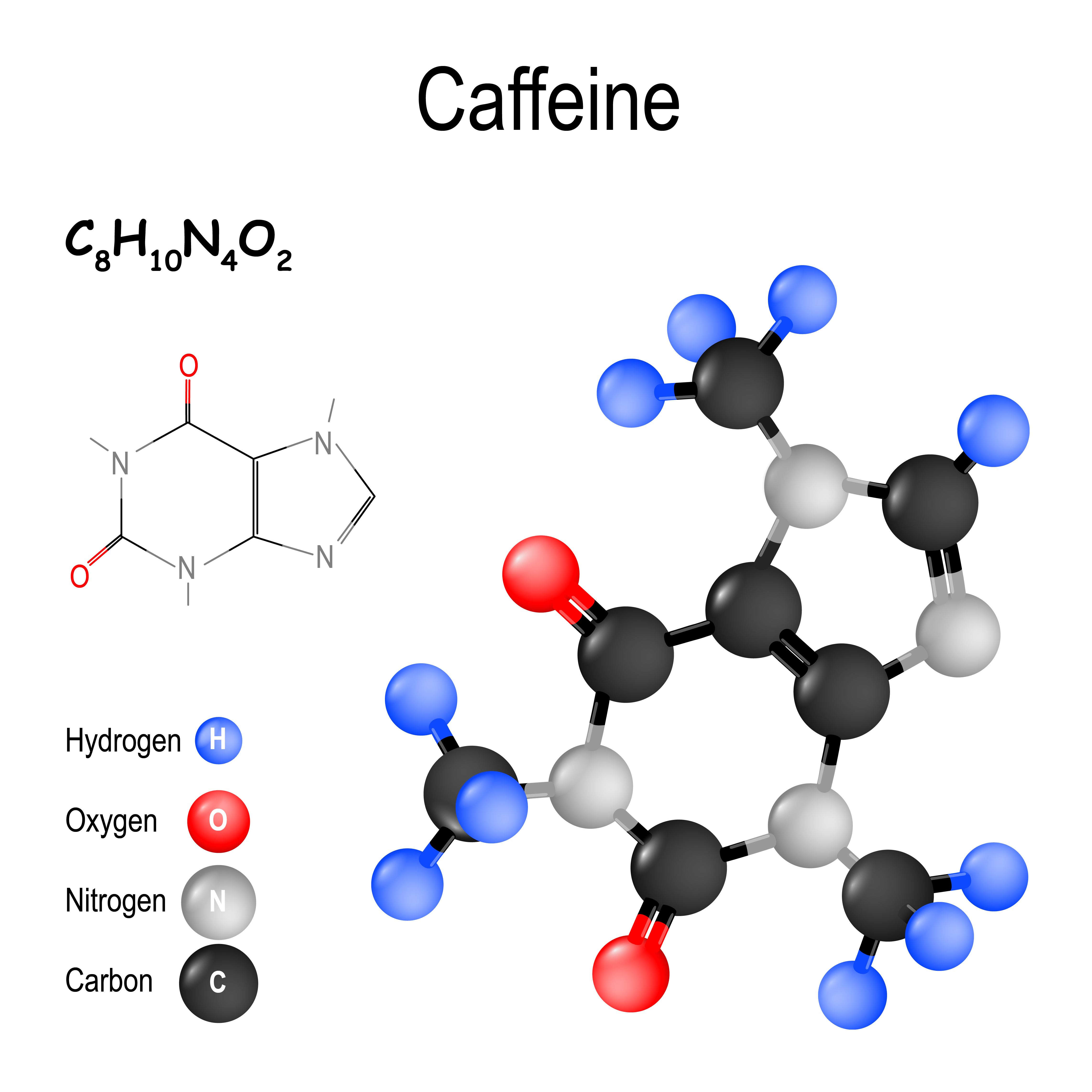
UGONNA IROKU: Do you have a lot of sugar and a lot of other contents that may not be helpful for you. But syrupy frappuccinos, sodas, energy drinks. A black coffee or green tea offer antioxidants and a slew of other potential benefits, for example. Ugonna Iroku a gastroenterologist in New York City, reminds us not all caffeinated drinks are created equal. TAGLE: Another important thing to note here - Dr. And we know that smoking is a risk factor for a number of health outcomes and diseases. Smoking and coffee consumption are highly correlated.ĬORNELIS: A smoker will want to consume more coffee in order to get that psychostimulant effect. TAGLE: Nicotine is another great example. We know sleep is an important risk factor for a number of diseases. TAGLE: That's Marilyn Cornelis, an associate professor of preventive medicine and nutrition at Northwestern University's Feinberg School of Medicine.ĬORNELIS: Someone who's drinking a lot of caffeine might be short on sleep.


And so it becomes what we call a confounder in some of this research. And some of those other behaviors are actually more greater risk factors for health. MARILYN CORNELIS: Consuming a lot of caffeine is often equated with someone who's really stressed out and working hard. Caffeine's real problem seems to be a bad case of guilt by association. But these rumors just don't ring true for the vast majority of us. Caffeine stunts your growth, causes heart disease or dehydrates you. So why do so many people feel the need to cut back? Is all that morning Joe something to worry about? Life Kit's Andee Tagle has more on the effects of caffeine - plus, tips for making sure your relationship with everyone's favorite psychostimulant is a healthy one.ĪNDEE TAGLE, BYLINE: Caffeine gets a bad rap. Here in the U.S., according to a 2022 survey, more than 93% of adults consume caffeine, and of those, 75% consume caffeine at least once a day. Caffeine is the most widely consumed drug in the world.


 0 kommentar(er)
0 kommentar(er)
